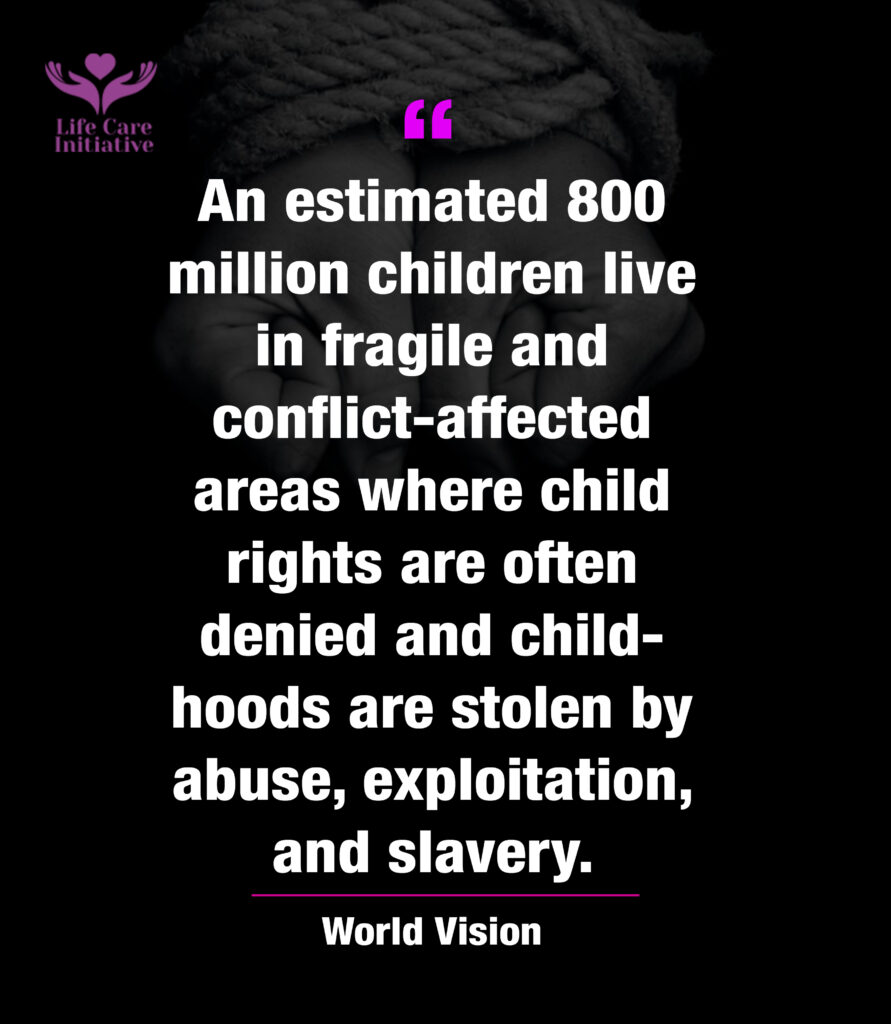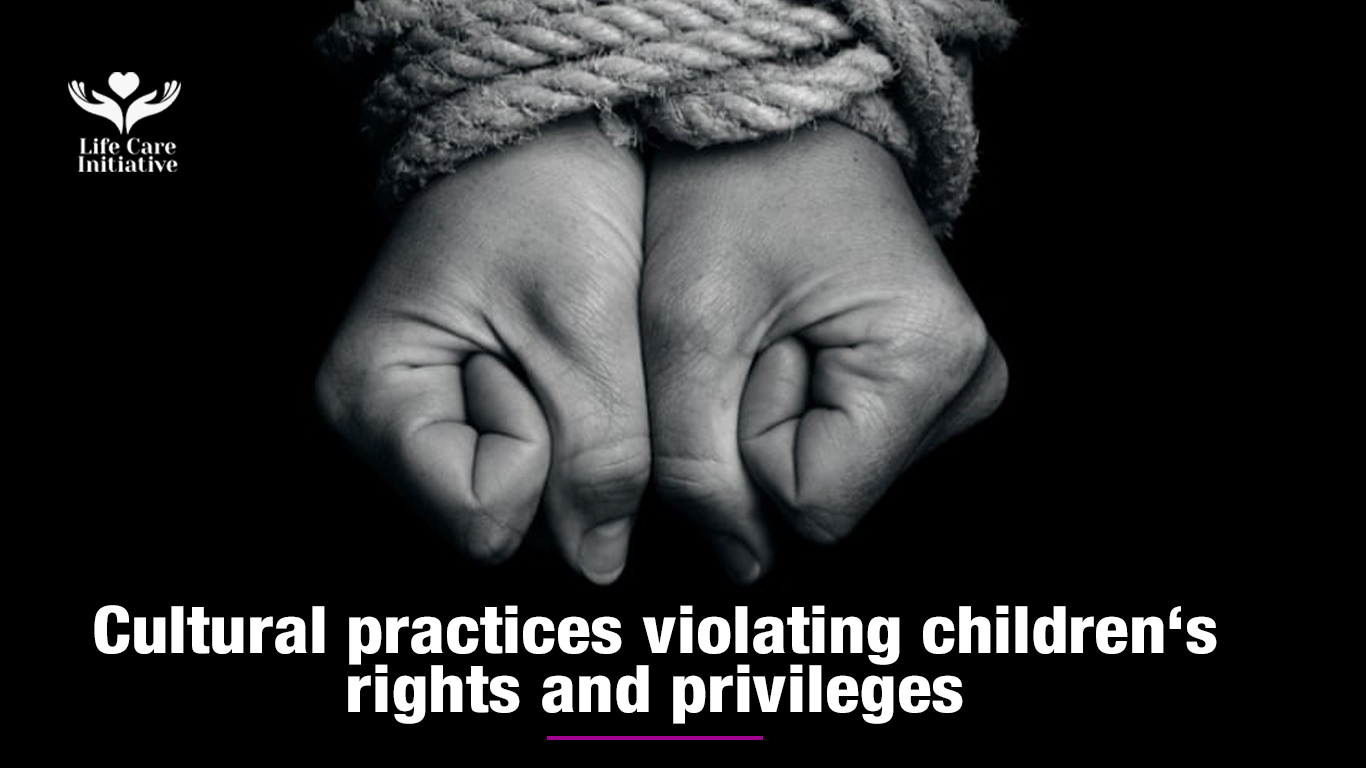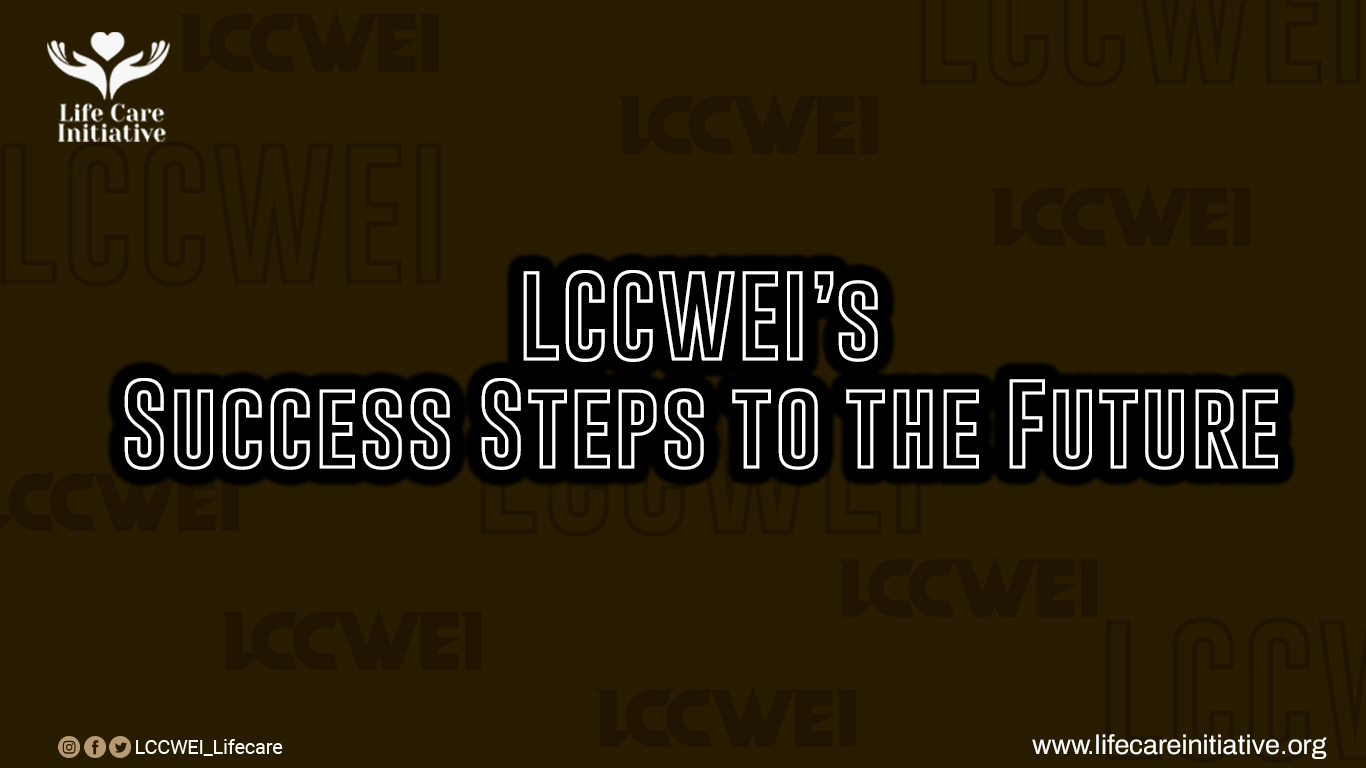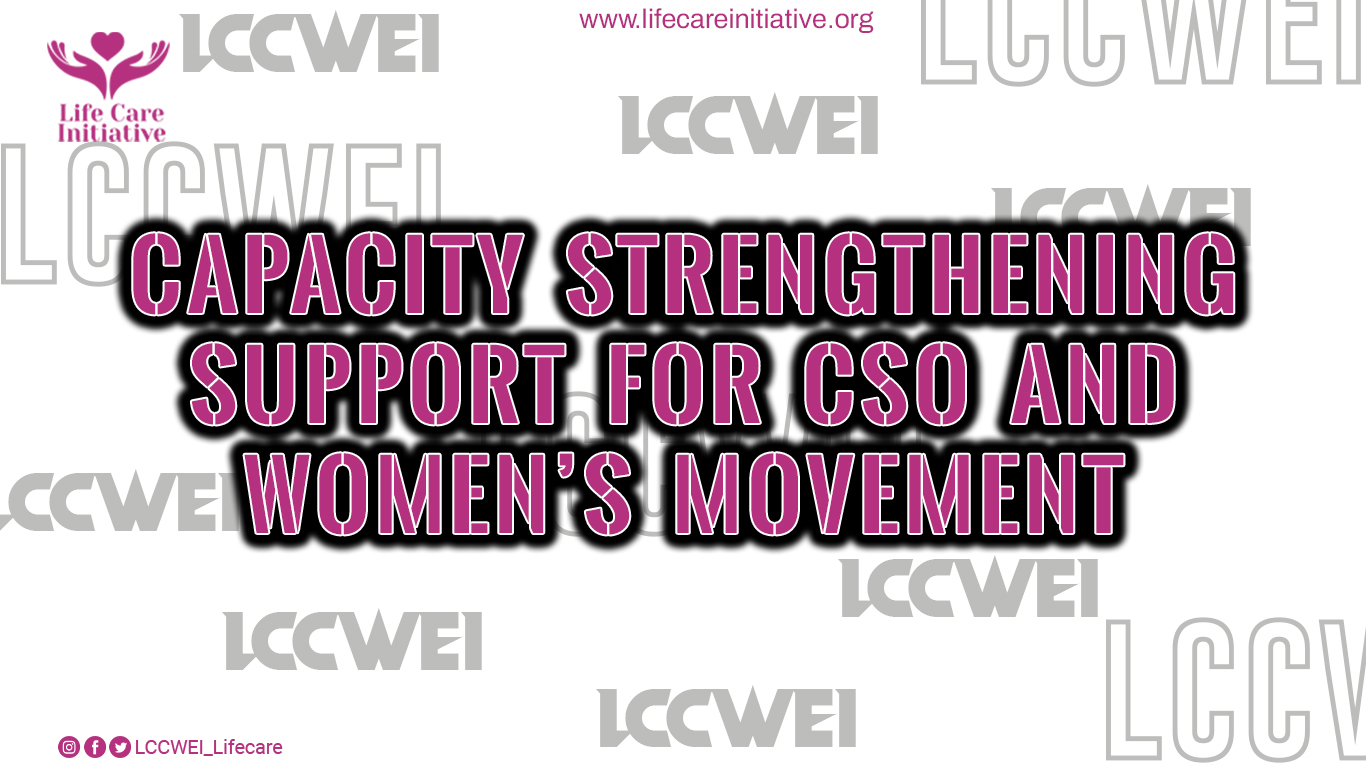Children are considered human beings and are subject to their rights and privileges. Children have the right to education, protection from sexual abuse, exploitation, and detention, food, clothing, shelter, access to information, right to identity, right to share their opinion, among others. The timeline for the genesis of these rights goes back to 1924 when the League of Nations adopts the Geneva Declaration on the Rights of the Child. Unfortunately, millions of children do not enjoy these rights due to various circumstances.

The World Vision points out that approximately “800 million children live in fragile and conflict-affected areas where child rights are often denied and childhoods are stolen by abuse, exploitation, and slavery.”
Culture is one of the underlying factors that has contributed to the violation of children’s rights and privileges. In some African countries, children, especially girls have greatly suffered as a result of cultural practices such as marriage. Cases of early marriages are common in most developing countries where girls under the age of 18 years are denied the right to education and subjected to early marriage. Other harmful cultural practices such as female genital mutilation (FGM) and discriminatory practices have robbed children’s childhood and denied them the right to health care and protection. Forced labor and discriminatory acts take away the privileges of these children by threatening their wellness and denying them the chance to shape their future.

Luckily, organizations such as UNICEF and the WHO have taken initiatives of responding to these violations by setting up sustainable development goals. Sensitizing communities on healthy cultural practices is an effective strategy for protecting children from harmful cultural practices. Communities that follow cultural beliefs that harm the future of the children need to be educated on why it is important to safeguard the children. Governments need to be at the forefront to set rules that protect children’s rights. The LCCWEI has been on the response to safeguard the children’s right to ensure children fulfill their dreams. As an organization, we have supported children to pursue their education, provided food, clothing, and spread awareness of healthy living. We acknowledge that transforming a community is not something that can be accomplished by a single person but together we can create a healthy living society.





